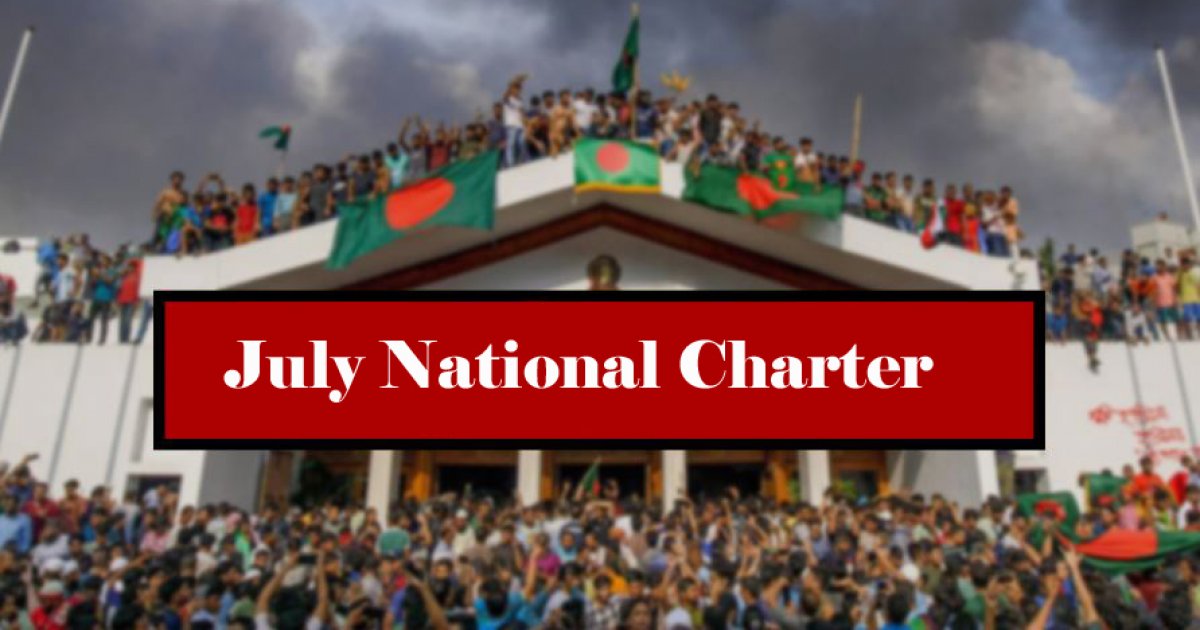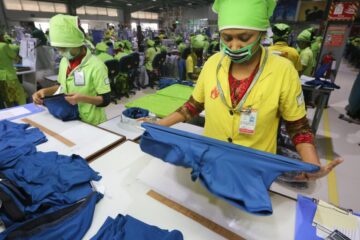With the interim government’s seven-day window for political consensus on the July National Charter now closed, the Bangladesh Nationalist Party (BNP) has reaffirmed its refusal to engage in any dialogue with Jamaat-e-Islami regarding the timing of the proposed referendum.
BNP policymakers told Dhaka Tribune that the party will only engage if directly invited by the interim government, not through any intermediary political group.
Despite mounting pressure from several parties to finalize the referendum schedule, BNP leaders insist they are taking a “strategic and patient” approach to avoid being blamed for any political instability.
A senior BNP standing committee member said: “We will respond if the government formally invites us. But we will not sit with Jamaat or any other party acting as a go-between.”
He added that BNP intends to demonstrate a “strong but measured position” in the coming weeks.
Govt sets mid-November timeline
On November 3, the interim government asked all political parties to resolve their differences within seven days regarding the referendum and implementation order of the July Charter.
Officials confirmed that preparations are underway to issue the July National Charter Implementation Order 2025 by mid-November, possibly following Thursday’s advisory council meeting.
BNP Standing Committee member Iqbal Hasan Mahmud Tuku questioned the government’s ultimatum, saying: “Is this a martial law government? Only a military regime gives parties a seven-day deadline.”
“The BNP, as a major stakeholder with experience in governance, should have been consulted before such an ultimatum was announced.”
He added: “We signed the July Charter. If the government adds anything beyond that, it is their responsibility, not ours.”
Although interim government advisers could not be reached for comment, sources said efforts are underway to build minimum consensus among parties before finalizing the order.
BNP weighs risks of confrontation
“If the government announces any decision beyond the scope of the July National Charter, all responsibility will rest solely with the government. No signatory party will be obligated to comply with such a decision,” the BNP warned at a press conference on Tuesday, following its Standing Committee meeting held the previous night at the BNP chairperson’s office in Gulshan, presided over by Acting Chairman Tarique Rahman.
Party insiders say BNP is reluctant to adopt a confrontational stance for three reasons: the Yunus-led interim administration emerged from the same reform movement the BNP supported; the understanding between Tarique Rahman and Chief Adviser Dr Muhammad Yunus remains politically significant; and, as the largest political party, the BNP sees cooperation as necessary to preserve stability.
One senior official said: “Whether elections are delayed or held on time, BNP cannot afford an open confrontation. The government is in a stronger position. Our role must be strategic — cooperate where needed, oppose where justified.”
Political observers believe the current dispute over the referendum’s timing may be linked to uncertainty surrounding the general election, scheduled for February.
The government insists the polls will proceed as planned, but several leaders suggest otherwise.
BNP leaders point out that one version of the National Consensus Commission’s proposal fixes the referendum on election day, while Jamaat and other Islamic parties are demanding it take place earlier.
These parties also want the next parliament to establish an upper house, a key feature of the July Charter’s proposed constitutional reforms.
At Tuesday’s rally of eight Islamic parties in Paltan, Jamaat-e-Islami Amir Shafiqur Rahman reiterated that “no election can be held in 2026 without legal recognition of the July Revolution.”
He said the referendum must precede elections to provide legitimacy to the interim government’s reforms.
BNP insiders, however, warn that pushing the referendum earlier could lead to a boycott by the party — and further delay the national polls.
“If the referendum comes before the election, BNP will not participate. If it is pushed back, Jamaat may withdraw. Either way, the uncertainty grows,” said a standing committee member.
Divided parties, cautious govt
Despite visible rifts, both BNP and Jamaat are expected to continue backchannel communications with the interim administration.
Several political sources suggest that if elections are postponed, a “third force” could emerge to fill the power vacuum.
Jamaat Secretary General Professor Mia Golam Parwar told Dhaka Tribune: “Different opinions are part of democracy. The government must take the initiative to resolve them. We are open to dialogue, but leadership requires patience.”
Amar Bangladesh Party (AB Party) Chairman Mojibur Rahman Monju echoed the view that dialogue should be limited to major players.
“There is no need for endless meetings. The government can resolve this simply by sitting with BNP and Jamaat.”
Government insiders say a decision has already been reached, to hold the referendum on election day and to establish the upper house in the next parliament, but officials want to secure at least a symbolic consensus before announcing it publicly.
BNP remains wary
BNP officials confirm that at least 12 members of the party’s standing committee oppose the referendum outright.
“BNP entered this process because of internal pressure,” one senior leader said.
“That’s why complications have grown.”
An influential member of the National Consensus Commission predicted that “Jamaat and the NCP will ultimately accept the referendum date on election day,” adding that the broader goal is to ensure “minimum political reform, not total agreement.”
At a press briefing on October 30, BNP Secretary General Mirza Fakhrul Islam Alamgir reiterated the party’s legal objection, saying: “According to Article 152 of the Constitution, only the president can issue an order with the force of law. The government has no such authority.”
In response, commission members maintain that the chief adviser, as executive head, can lawfully issue the order.
The standoff, therefore, hinges not on the substance of the reform but on who holds the constitutional right to enact it.
As BNP’s Iqbal Hasan Mahmud Tuku put it: “This is not a martial law regime; it is a civilian interim government. It must behave democratically.”
“Instead of giving ultimatums, the government should focus on restoring order and confidence in the electoral process.”


